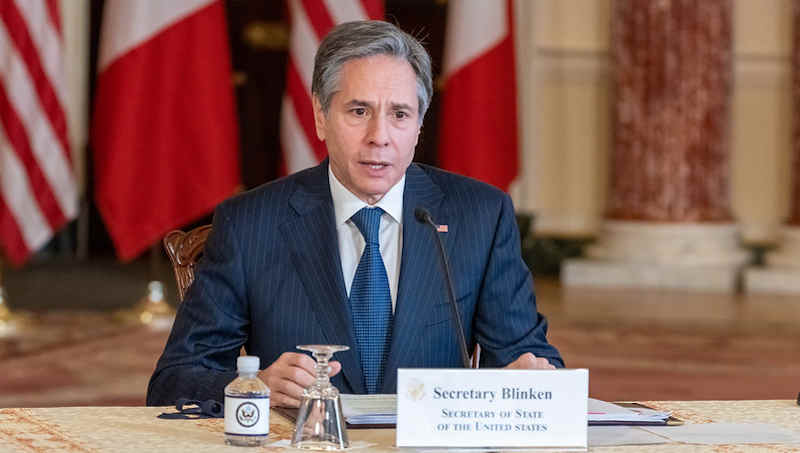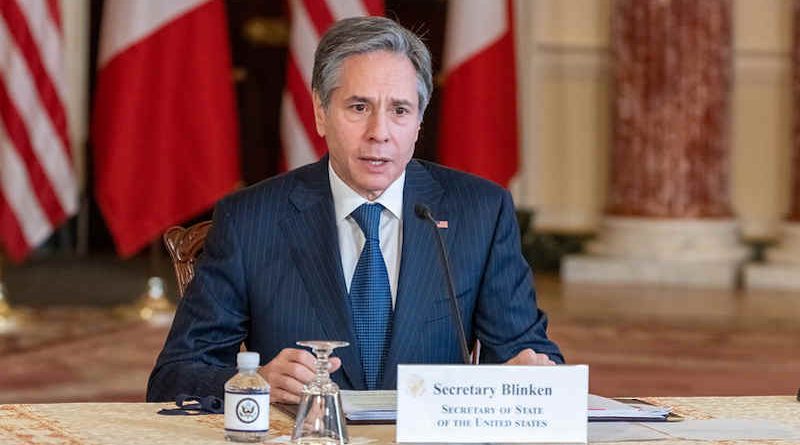American States Take Action Against Authoritarian Regime in Nicaragua

The OAS resolution reflects the region’s commitment to democracy and respect for human rights and fundamental freedoms in the Americas.
By RMN News Service
As the authoritarian actions of the government continue in Nicaragua, the U.S. and its allies have joined forces to protect the democratic rights of local citizens. A vote at the Organization of American States (OAS) underscores that member states emphatically condemn President Ortega and Vice President Murillo’s undemocratic electoral process and ongoing repression.
“With 26 countries voting in favor and zero votes against, this latest OAS action demonstrates that the Ortega-Murillo (President Daniel Ortega and Vice President Rosario Murillo) government stands isolated without supporters in a region committed to democratic principles,” said U.S. Secretary of State Antony Blinken in a statement released today (October 22).
The Nicaraguan government, along with other governments in the Americas, made a democratic commitment to its citizens, as laid out in the Inter-American Democratic Charter. Nicaragua joined the Charter twenty years ago, resolving that its citizens have a right to democracy, and the Nicaraguan government has an obligation to promote and defend that right.
“President Ortega and Vice President Murillo have failed to honor this commitment by preparing a sham election devoid of credibility, by silencing and arresting opponents, and, ultimately, by attempting to establish an authoritarian dynasty unaccountable to the Nicaraguan people,” the U.S. statement said.
Meanwhile, Reuters reported on October 21 that the Nicaraguan police detained two top business executives, amid a wave of arrests ahead of November 7 elections in which President Daniel Ortega will seek a fourth consecutive term.
The OAS resolution reflects the region’s commitment to democracy and respect for human rights and fundamental freedoms in the Americas. The United States says it continues to work with partners in the region and across the world to promote accountability for those who support Ortega and Murillo’s anti-democratic actions.
In order to stop the Ortega-Murillo regime’s attacks on democratic institutions, in August the U.S. Department of State had imposed visa restrictions on 50 immediate family members of Nicaraguan National Assembly representatives and Nicaraguan prosecutors and judges.
Similarly, the European Union (EU) had imposed targeted sanctions in August on eight Nicaraguans accused of “serious human rights violations” and undermining democracy, including Vice President Rosario Murillo.
According to Human Rights Watch, the sanctions include freezing assets, forbidding EU citizens and companies from making funds available to the people listed, and a travel ban that prevents them from entering the EU.
💛 Support Independent Journalism
If you find RMN News useful, please consider supporting us.




